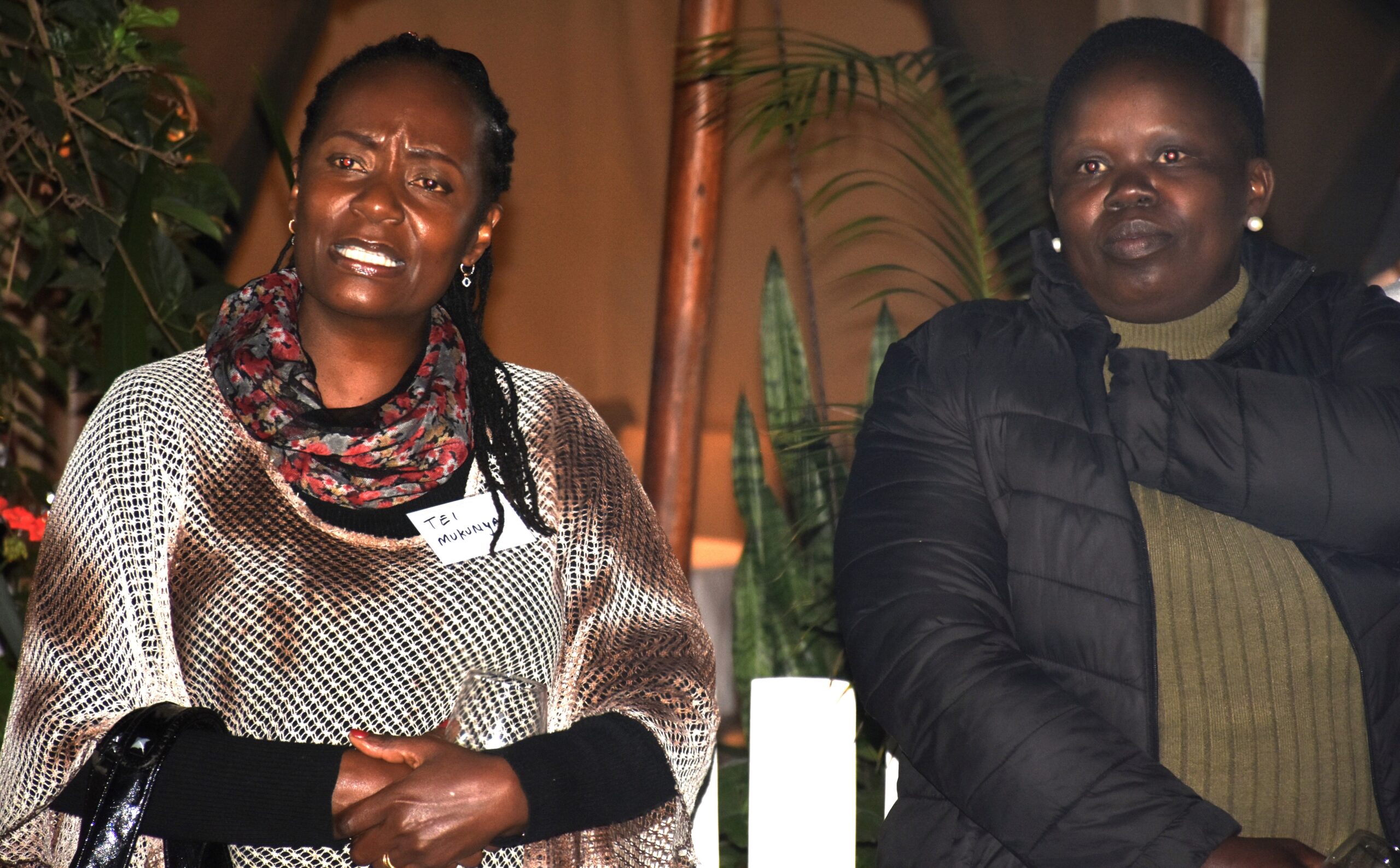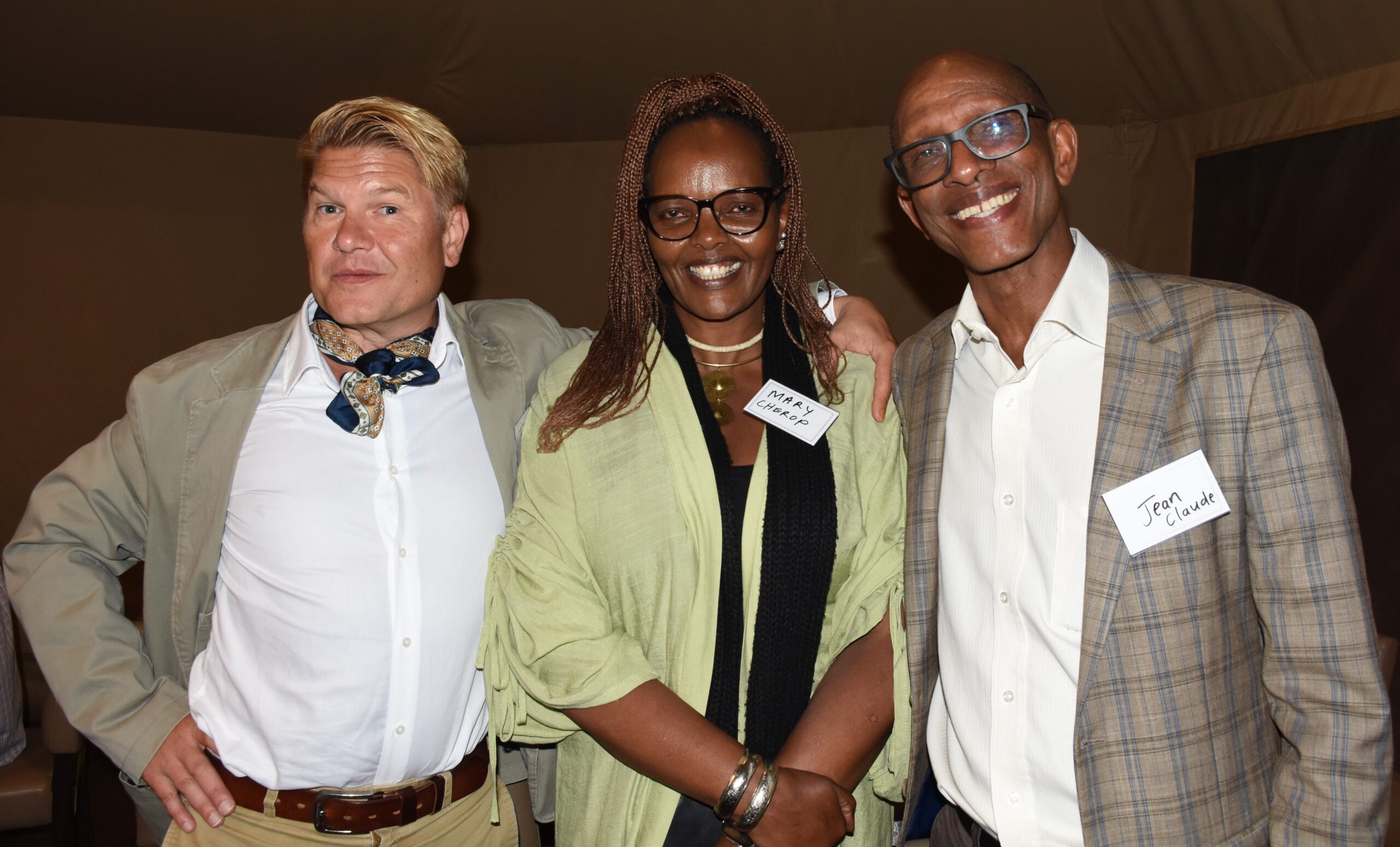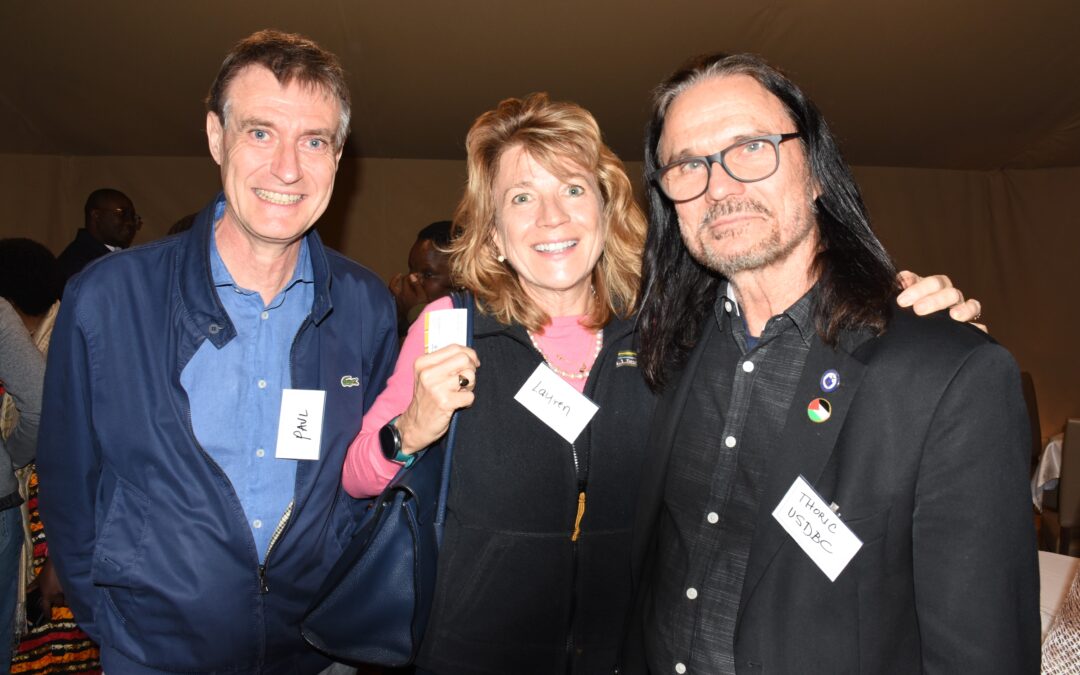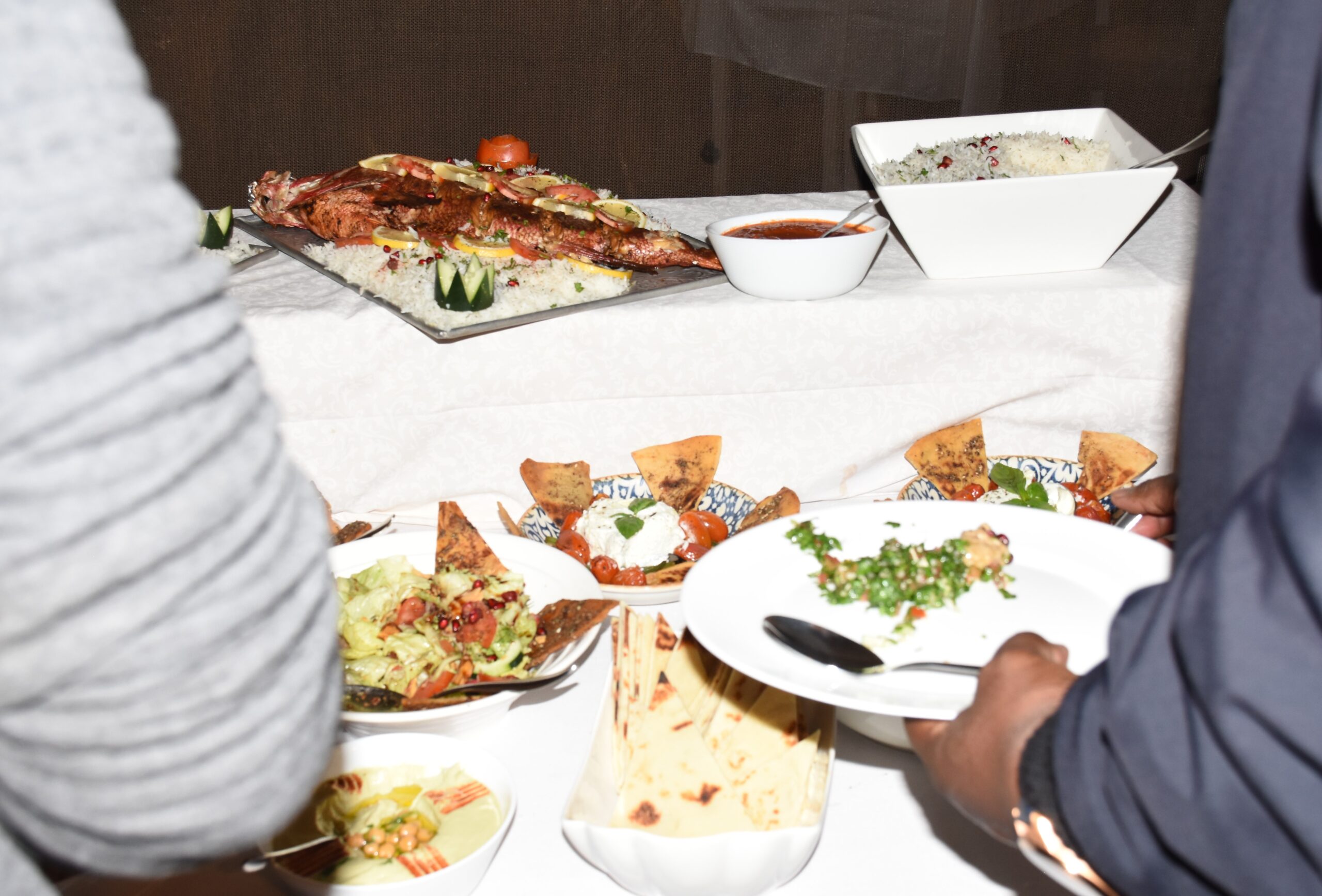By Keta Mwangala, Warren Arinaitwe, Jean Claude Rubyogo
A strategic partnership between the United States Dry Bean Council (USDBC) and the Pan-Africa Bean Research Alliance (PABRA) of the Alliance of Bioversity International and CIAT was launched on June 29, 2025, with a vibrant celebration in Nairobi that brought together food innovators, agribusiness leaders, researchers, and policymakers. The alliance is expected to accelerate market development for dry beans across Africa, enhance trade ties between U.S. and African stakeholders, and strengthen food security through sustainable, bean-based solutions.
Held under the theme of innovation, nutrition, and collaboration, the launch event marked a pivotal step in elevating the status of beans from a staple crop to a catalyst for economic growth and climate-smart agriculture. Speaking at the gathering, USDBC representative Thoric Cederstrom emphasized the significance of the collaboration, describing it as a “movement” rather than a mere agreement.
“This is more than a partnership, it’s a chance to reimagine the role of beans in our diets, our economies, and our food systems,” said Cederstrom, calling on stakeholders to embrace innovation and inclusion in driving the bean agenda forward.
The event showcased both the cultural relevance and market potential of beans, featuring a curated menu of bean-inspired dishes from African stews to international favorites like hummus. Among the standout presentations was Tei Mukunya Odundo, Founder of Naturelock Foods, who introduced Stewsday, an instant green gram meal designed to halve cooking time. Mukunya expressed strong interest in collaborating with both PABRA and USDBC to create a similar instant meal product using dry beans, citing growing demand from health-conscious and time-strapped consumers.
“Beans have huge potential,” she noted. “We just need to make them more accessible for today’s busy consumers.”

Tei Mukunya Odundo (left) showcases Stewsday (below) at the USDBC–PABRA partnership launch in Nairobi, outlining plans to develop a dry bean-based instant meal for modern consumers
Private-sector interest in the new partnership was underscored by the presence of food companies including Cherubet Foods, Delish and Nutri, Dryland Seed Company, Pure Seeds/Asquest, Agripack, and Unga Ltd. Attendees mingled over bean-based cuisine and informal discussions, fostering a dynamic atmosphere of networking and idea-sharing.
The momentum carried into the following day as stakeholders regrouped at the Alliance Africa headquarters in Nairobi to define actionable next steps. Discussions focused on expanding bean value chains, investing in research and innovation, and aligning production with consumer preferences.
A key proposal tabled during the meeting was the production of a joint documentary spotlighting bean farmers from Africa and the United States. The project would serve both as a tool for advocacy and as a platform to elevate the voices of producers who are often overlooked in global food narratives. Organizers stressed the importance of building public awareness around the nutritional and economic value of beans while calling for increased investment in research and value-added product development.
PABRA Director Jean Claude Rubyogo underscored the strategic relevance of the partnership, linking it to PABRA’s broader mission of empowering African farmers through improved seed systems, market access, and climate resilience. He called for deeper collaboration on product innovation and youth engagement.
“Beans are not just about food,” said Rubyogo. “They’re about opportunity, sustainability, and resilience.”

PABRA Director Jean Claude Rubyogo (right) highlights the partnership’s role in advancing farmer empowerment, innovation, and climate resilience through beans
The versatility of beans emerged as a recurring theme throughout the discussions, with participants exploring new applications such as high-protein bean flours targeted at athletes and health-conscious consumers. There was also a growing consensus on the need to embrace digital platforms, such as TikTok, Instagram, and YouTube, to reposition beans as modern, desirable foods among younger audiences. Coordinated digital campaigns, including the proposed “Power Up with Beans,” were identified as key tools to increase consumption and public engagement.
Participants also stressed the importance of aligning bean production with emerging market trends, improving mechanization, and leveraging technology to connect smallholder farmers with buyers and technical support. The potential for digital tools to enhance productivity and competitiveness was highlighted as essential to transforming the bean sector on a scale.
Planning also began for PABRA’s 30th anniversary celebrations scheduled for 2026 in Rwanda, an event expected to draw more than 500 participants. Rubyogo formally invited USDBC to attend and support the milestone, which will showcase the transformative role beans have played in nutrition, livelihoods, and climate adaptation since PABRA’s founding in 1996. Other upcoming opportunities for collaboration include the Bean Congress in Guadalajara, the World Food Prize in Iowa, and the 2026 Micronutrient Forum in Ghana.
Concrete next steps identified during the two-day engagement include applying for support under the U.S. Department of Agriculture’s Quality Sample Program to benefit small and medium enterprises in Kenya, engaging food technologists to assist with product development, and launching partnerships with influencers to amplify public awareness. Planning also began for the Pan-African Bean Event to be held in Rwanda, envisioned as a flagship platform to unite researchers, policymakers, businesses, and farmers under a shared vision for bean-driven transformation.
By the close of the convening, both PABRA and USDBC reaffirmed their commitment to building a future where beans are central to health, trade, and sustainability. The collaboration signals a shift in how beans are perceived, not just as a humble food staple, but as a powerful solution to some of the world’s most pressing challenges.
“This is just the beginning,” added Cederstrom. “Together, we can transform food systems, empower farmers, and feed the future, one bean at a time.”
______________________________________________________
Cover photo: Cederstrom (right) of USDBC called the bean alliance a movement to transform food systems through innovation and inclusion


